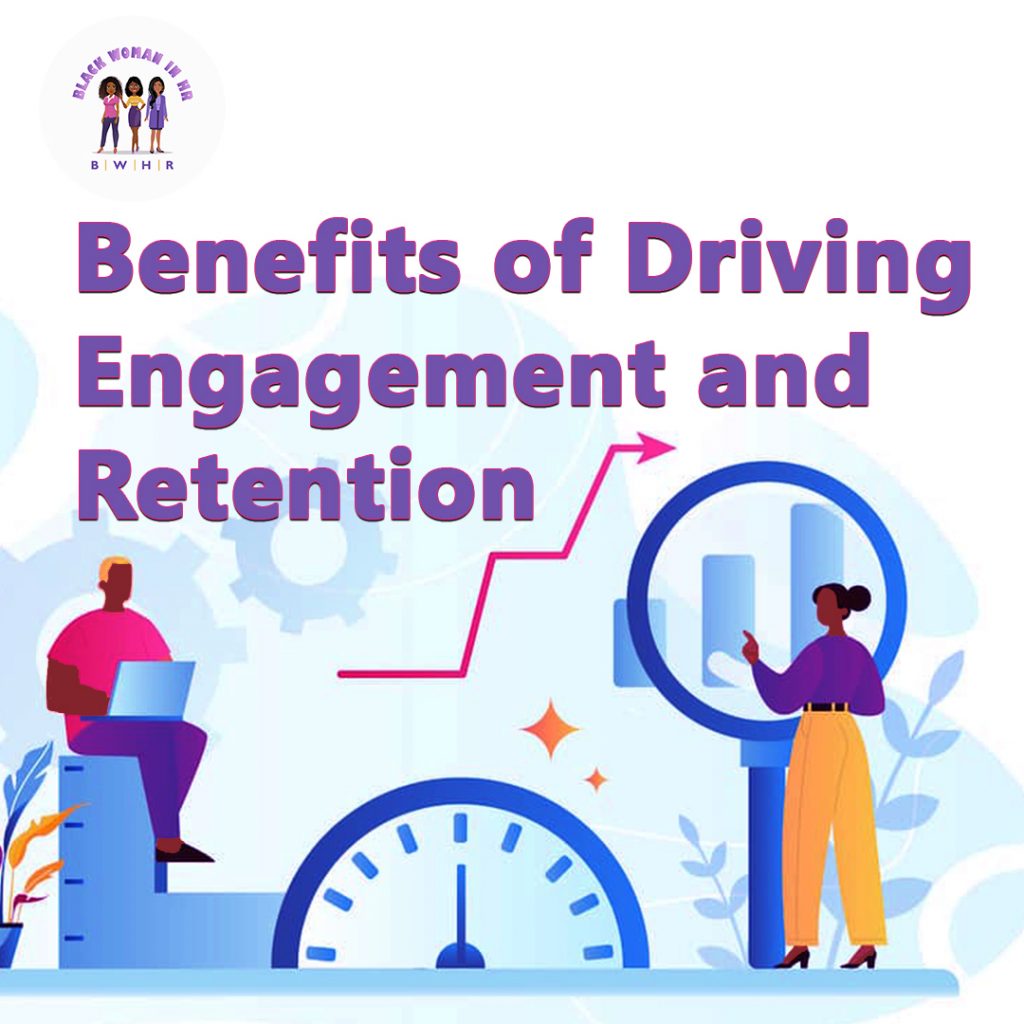Benefits of Driving Engagement and Retention
In today’s rapidly evolving work landscape, organisations are increasingly recognising the importance of investing in employee learning and development. Continuous upskilling and reskilling, along with providing ample learning resources, have emerged as critical factors in boosting employee engagement and retention.
This article delves into the significance of these practices, shedding light on e-learning platforms, personalised learning paths, and the transformative impact of employee development programs.
- Importance of Upskilling and Reskilling
As technology advances and industries undergo rapid transformations, the skills needed to thrive in the workplace are evolving as well. Upskilling, which involves enhancing existing skills, and reskilling, which involves acquiring new skills, are crucial for employees to stay relevant and adaptable. By investing in upskilling and reskilling initiatives, organisations empower their workforce to tackle emerging challenges, embrace new technologies, and take on roles that align with evolving business needs. This fosters a sense of growth, engagement, and job satisfaction among employees.
- Providing Learning Resources
To support employee learning and development, organisations must ensure the availability of diverse and accessible learning resources. E-learning platforms have emerged as powerful tools in this regard, offering flexibility and convenience for employees to learn at their own pace. These platforms provide a wide range of courses, webinars, and interactive modules. By leveraging e-learning platforms, organisations enable employees to acquire knowledge and skills tailored to their specific needs, contributing to their professional growth and development.
- Personalised Learning Paths
Recognising that each employee has a unique learning preferences and career aspirations, personalised learning paths have gained prominence. This approach involves assessing employees’ existing skills, strengths, and interests and then designing individualised learning journeys that align with their goals. By tailoring learning experiences, organisations maximize engagement and ensure that employees are equipped with the skills they need to excel in their current roles or transition to new ones. Personalised learning paths empower employees to take ownership of their development, fostering a sense of fulfillment and loyalty within the organization.
- Impact of Employee Development Programs
Employee development programs, such as mentorship initiatives, coaching and workshops, play a pivotal role in enhancing employee engagement and retention. These programs create a supportive environment that nurtures talent, fosters professional growth, and builds strong relationships within the organisation. When employees perceive that their employers are invested in their development, they are more likely to feel valued and motivated, resulting in higher job satisfaction and productivity. Furthermore, employee development programs contribute to building a culture of continuous learning and improvement, which can positively impact organisational performance and innovation.
To conclude, employee learning are no longer mere optional initiatives but have become indispensable for organisations aiming to thrive in a dynamic work environment. The implementation of employee development programs cultivates a culture of growth and nurtures talent, benefiting both employees and the organisation as a whole. Investing in employee learning and development is a win-win strategy that drives individual and organisational success in the long run.


